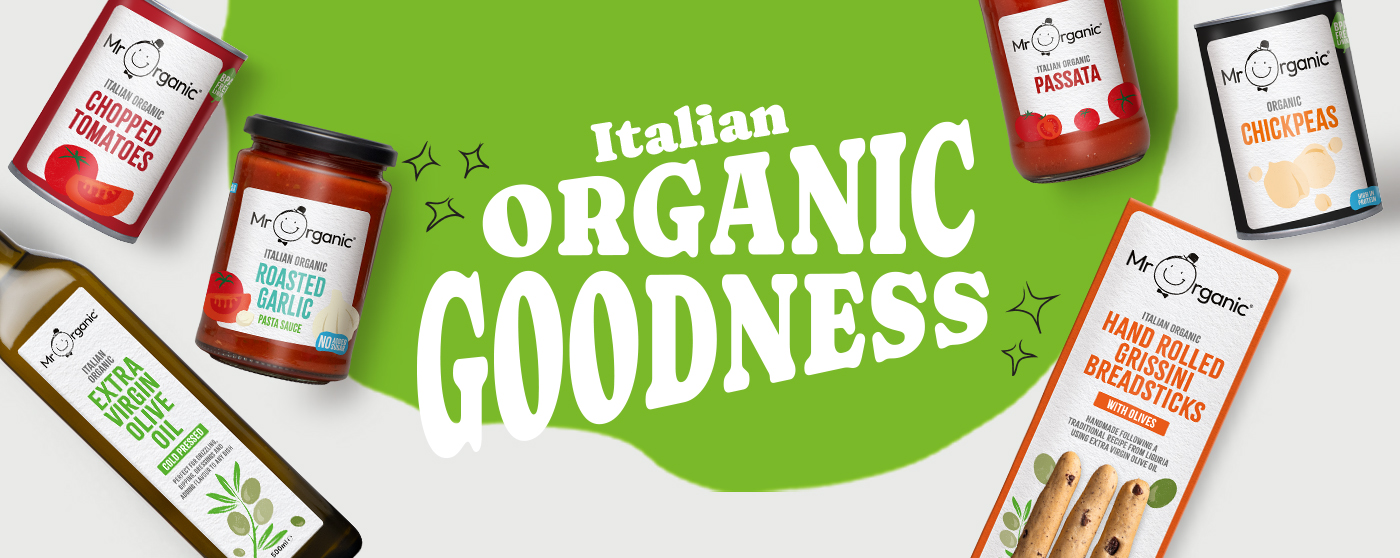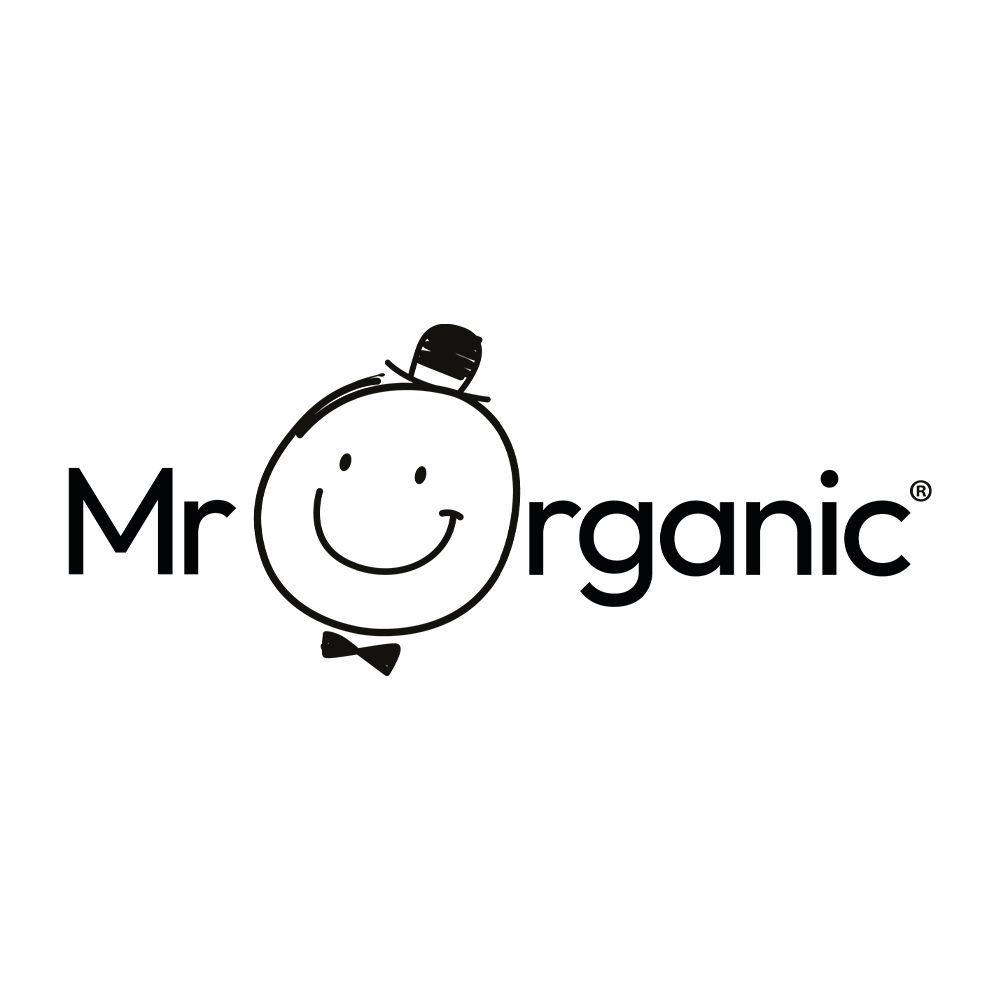

The Organic Family Ltd

London Borough of Islington, United Kingdom
July 2022
Food products
Wholesale/Retail
United Kingdom
Our journey began in 2009 when Valerio, our founder, envisioned creating an Italian organic brand offering an honest and authentic range of Italian products that are both healthy and organic. He believed that combining organic principles with Italian traditions was the perfect recipe for high-quality food that respects both our health and the planet. With expertise passed down through three generations of Italian organic producers, Valerio created a range of organic tomato products on his farm in Pontinia, south of Rome. Since then, tomatoes have been at the heart of everything we do. Our range has expanded to include organic pasta sauces and pestos created by our expert chef, Andrea, as well as beans and pulses lovingly crafted by our very own "Mr. Bean," Giovanni. Today Today, we offer over 120 Italian pantry essentials that are always organic, deliciously tasty, and everyday favourites. Our products make it easy to choose tastier and healthier meals to share. True to Italian tradition, we are bonded by farming, family, and friendship, and all our suppliers embrace the same values. They are based in regions of Italy where the best quality products are traditionally produced. • Tomatoes: Grown on our farms in Pontinia, where the sun shines year-round, perfect for growi
Overall B Impact Score
Governance 14.1
Governance evaluates a company's overall mission, engagement around its social/environmental impact, ethics, and transparency. This section also evaluates the ability of a company to protect their mission and formally consider stakeholders in decision making through their corporate structure (e.g. benefit corporation) or corporate governing documents.
What is this? A company with an Impact Business Model is intentionally designed to create a specific positive outcome for one of its stakeholders - such as workers, community, environment, or customers.
Workers 26.4
Workers evaluates a company’s contributions to its employees’ financial security, health & safety, wellness, career development, and engagement & satisfaction. In addition, this section recognizes business models designed to benefit workers, such as companies that are at least 40% owned by non-executive employees and those that have workforce development programs to support individuals with barriers to employment.
Community 21.9
Community evaluates a company’s engagement with and impact on the communities in which it operates, hires from, and sources from. Topics include diversity, equity & inclusion, economic impact, civic engagement, charitable giving, and supply chain management. In addition, this section recognizes business models that are designed to address specific community-oriented problems, such as poverty alleviation through fair trade sourcing or distribution via microenterprises, producer cooperative models, locally focused economic development, and formal charitable giving commitments.
Environment 42.2
Environment evaluates a company’s overall environmental management practices as well as its impact on the air, climate, water, land, and biodiversity. This includes the direct impact of a company’s operations and, when applicable its supply chain and distribution channels. This section also recognizes companies with environmentally innovative production processes and those that sell products or services that have a positive environmental impact. Some examples might include products and services that create renewable energy, reduce consumption or waste, conserve land or wildlife, provide less toxic alternatives to the market, or educate people about environmental problems.
What is this? A company with an Impact Business Model is intentionally designed to create a specific positive outcome for one of its stakeholders - such as workers, community, environment, or customers.
Customers 1.9
Customers evaluates a company’s stewardship of its customers through the quality of its products and services, ethical marketing, data privacy and security, and feedback channels. In addition, this section recognizes products or services that are designed to address a particular social problem for or through its customers, such as health or educational products, arts & media products, serving underserved customers/clients, and services that improve the social impact of other businesses or organizations.